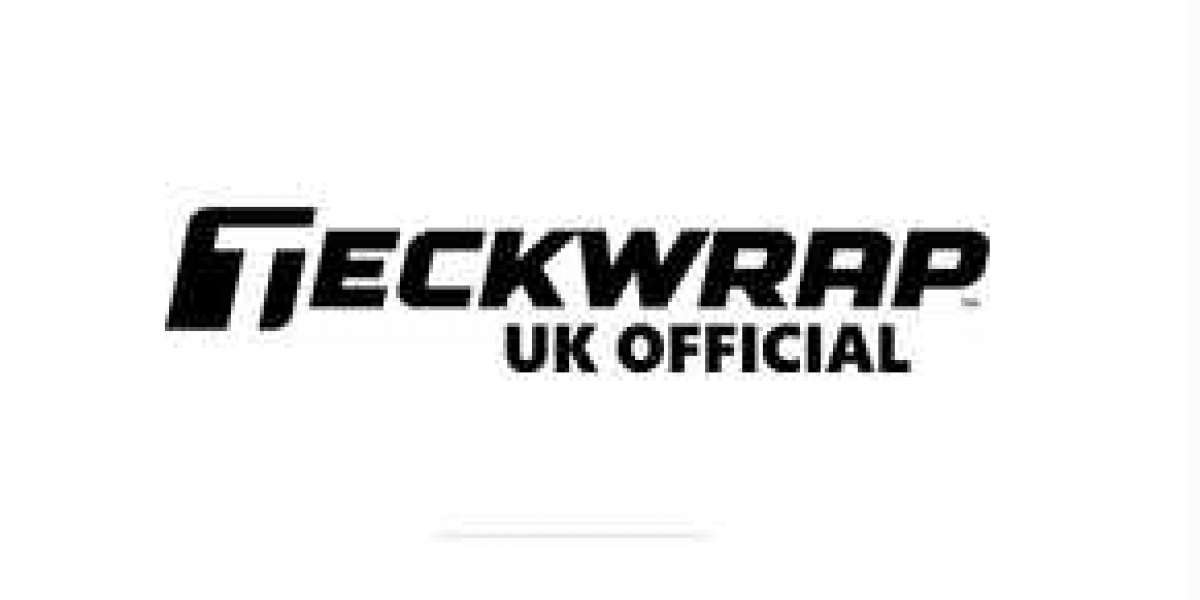What Is Vinyl Wrapping?
Vinyl wrapping is the process of covering a car’s exterior with a thin, adhesive film made of durable PVC vinyl. Unlike traditional paint jobs, a wrap can completely transform your vehicle’s appearance without permanently altering the paint underneath. It’s a favorite among car enthusiasts and businesses looking for cost-effective customization or branding.
The vinyl film comes in multiple finishes — matte, gloss, satin, metallic, and even textured styles like carbon fiber or chrome. Modern wraps can last up to 7 years with proper care and provide UV resistance, paint protection, and easy removal when you want a new look.
Benefits of Vinyl Wrapping Your Car
Car vinyl wrapping offers numerous advantages beyond aesthetics.
Cost-Effective Customization: Wrapping is usually cheaper than a full repaint, especially for luxury or large vehicles.
Paint Protection: The vinyl acts as a barrier against minor scratches, stone chips, and sun exposure.
Easy Reversibility: You can remove the wrap anytime without damaging the original paint.
Variety of Designs: From color-shift wraps to chrome or camouflage, customization options are nearly endless.
Faster Turnaround: A professional wrap job takes 2–3 days compared to a full repaint that may take over a week.
Many car owners choose wrapping to refresh their car’s look, promote a brand, or protect resale value.
Types of Car Wraps You Can Choose
Different wrap types cater to different aesthetic goals and budgets.
1. Gloss and Satin Wraps
Gloss wraps mimic a freshly polished paint finish, while satin offers a subtler, semi-gloss appearance. Both are popular among those who want a clean and modern look.
2. Matte Wraps
Matte finishes are trendy because they stand out without being flashy. They look sleek but require extra maintenance to avoid stains and fingerprints.
3. Chrome and Metallic Wraps
These wraps give a high-shine, reflective look. They’re often used for show cars or luxury vehicles but can be expensive and harder to apply.
4. Carbon Fiber and Textured Wraps
Perfect for sporty aesthetics, textured wraps add a tactile element to your car’s surface. Brands like TeckWrap and 3M offer durable textured vinyl for long-term use.
The Car Wrapping Process Explained
A professional car wrap follows a series of precise steps to ensure a flawless finish.
Surface Preparation:
The car is washed and decontaminated to remove wax, dirt, or grease. Even a small imperfection can affect the vinyl’s adhesion.Disassembly:
Parts like mirrors, handles, and trims are removed for a seamless application.Vinyl Application:
The vinyl is carefully positioned and stretched using heat guns and squeegees. Skilled installers eliminate air bubbles and wrinkles for a smooth finish.Detailing and Trimming:
Excess vinyl is cut, and edges are sealed to prevent peeling. Corners and curves are heated to ensure durability.Curing Period:
The wrap settles over 12–24 hours. The installer may recommend avoiding washing or exposure to extreme heat during this time.
Professional shops use premium materials from 3M, Avery Dennison, or TeckWrap to guarantee long-lasting color and adhesion.
DIY vs Professional Car Wrapping
DIY vinyl wrapping is possible with patience and proper tools, but it’s not ideal for beginners.
DIY Approach:
Requires precision, a dust-free workspace, and tools like a heat gun and squeegee.
Small areas (like roofs or hoods) are manageable, but full-body wraps can be tricky.
Cost savings are significant, but errors can waste material and reduce durability.
Professional Wrapping:
Ensures even coverage and high-quality results.
Professionals offer warranties, design consultations, and proper surface prep.
Worth the investment if you value perfection and long-term protection.
How Much Does a Car Wrap Cost?
Vinyl wrap pricing depends on vehicle size, wrap type, and material quality.
Compact cars: $1,800 – $2,800
Sedans: $2,500 – $3,500
SUVs Trucks: $3,000 – $5,000
Luxury or custom designs: $5,000+
Chrome or color-shifting wraps are premium and can cost nearly double. Always request samples and brand verification before installation.
Caring for Your Vinyl Wrap
Proper care extends your wrap’s lifespan and keeps it looking new.
Hand wash only: Avoid automatic car washes and harsh detergents.
Use pH-neutral soap: It prevents fading and adhesive breakdown.
Avoid prolonged sun exposure: Whenever possible, park under shade or use a cover.
Inspect regularly: Repair lifted edges or bubbles early to prevent further damage.
With good maintenance, most vinyl wraps last 5–7 years without color fading or peeling.
Popular Vinyl Wrap Brands to Consider
When it comes to durability, finish quality, and ease of application, a few names dominate the market:
3M 2080 Series: Excellent conformability, scratch resistance, and gloss retention.
Avery Dennison Supreme Wrapping Film: Premium-grade vinyl with easy-apply technology.
TeckWrap: Affordable, high-quality options with a wide range of colors and textures.
VViViD Vinyls: Great for DIY users, offering user-friendly adhesive and flexibility.
Orafol ORACAL 970RA: German-engineered vinyl with superior outdoor performance.
Each brand offers unique finishes and adhesive properties suited to different budgets and skill levels.
Final Thoughts
Vinyl wrapping your car is more than a cosmetic upgrade — it’s a statement of personality and smart protection. Whether you prefer subtle matte tones or vibrant chrome finishes, a good-quality wrap can transform your car while safeguarding its paint.
Frequently Asked Questions (FAQs)
1. How long does a car wrap last?
A professionally installed wrap lasts between 5 to 7 years with proper maintenance.
2. Can vinyl wraps damage car paint?
No, wraps protect your paint. When removed properly, they leave no residue or damage.
3. Is wrapping cheaper than painting?
Yes, wrapping typically costs 30–40% less than a quality paint job.
4. Can I wrap my car myself?
You can, but full-body wraps are complex. It’s best to start with small sections or hire a pro.
5. How do I remove a vinyl wrap?
Use heat and gentle peeling. Professional removal ensures no paint damage.
6. Are vinyl wraps weatherproof?
Yes, high-quality wraps resist UV rays, rain, and snow when maintained properly.
7. Which brand is best for car wrapping?
3M, Avery Dennison, and TeckWrap are among the top choices for durability and finish.














